Investigation unravels how illegal waste dumping, failed Abuja multimillion naira waste project puts Mpape residents at risk of lead poisoning
Editor's note: A four-month investigation by Legit.ng has uncovered how illegal waste dumping buoyed by the abandonment of Abuja’s multimillion naira waste management project has increased the vulnerability of Mpape residents to lead poisoning and other diseases including malaria and typhoid.
In this report, Olajide Adelana, reveals the reason behind the abandonment of the waste project, evidence of poor procurement processes and how these factors contribute to affect climate change in Nigeria.
Residents of Mpape, a suburb of Abuja, may have to think twice before drinking from any water source especially well or underground water as laboratory-tested samples have shown high lead content.
Soil and water samples were randomly collected from areas close to a popular dumpsite near an abandoned quarry and subsequently tested.
The water samples taken from underground water sources often used by residents close to the dumpsite revealed the concentration of lead was slightly above the permissible level recommended by World Health Organisation (WHO).
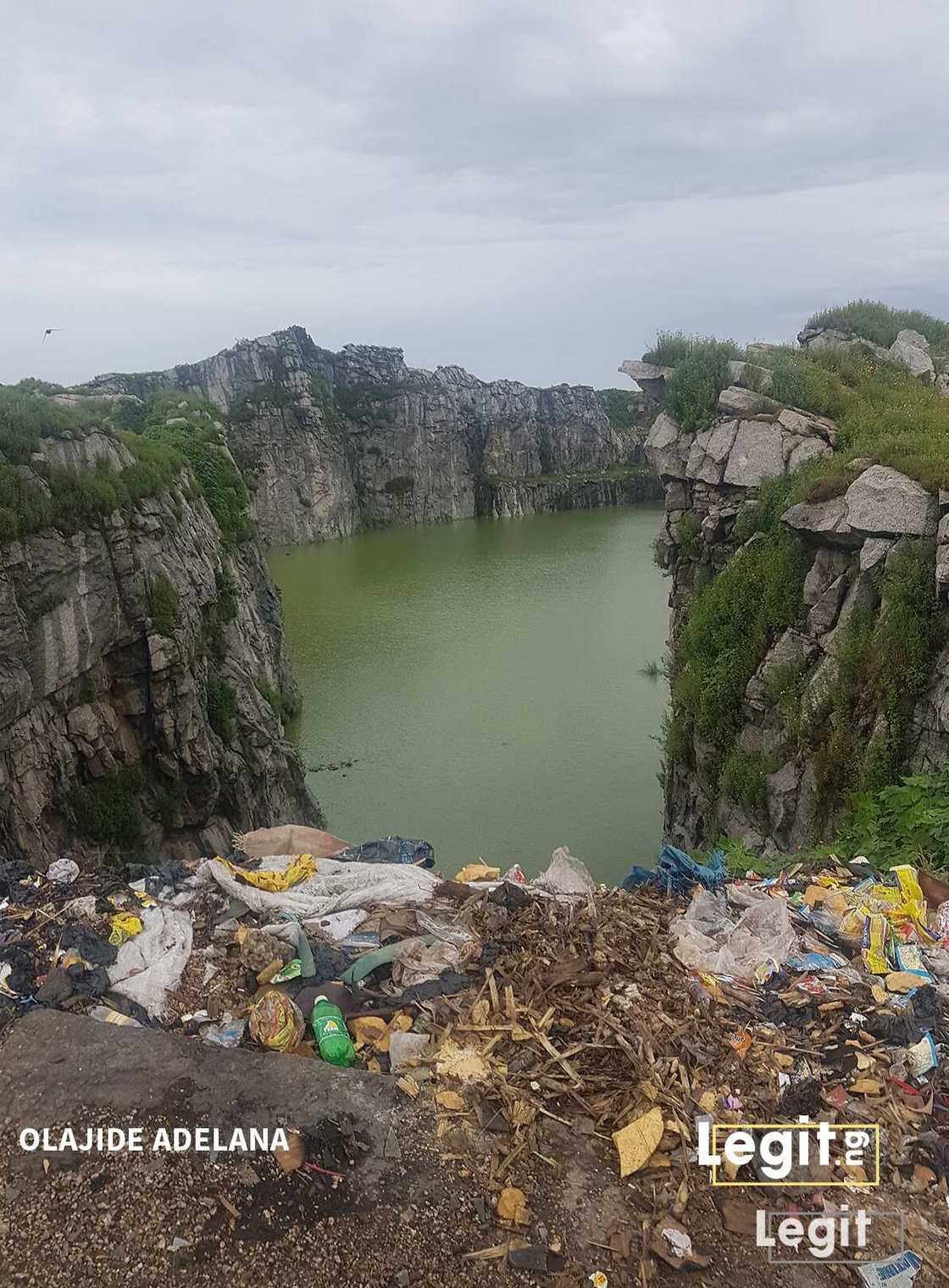
Source: Original
READ ALSO: NAIJ.com upgrades to Legit.ng: a letter from our Editor-in-Chief Bayo Olupohunda
According to WHO standards, permissible limit of lead in water is 0.05ppm but in the sample collected it was 0.0695ppm. This has made experts to conclude that residents of Mpape may be dying in installments.
The dumpsite located close to the popular Eneje bus stop is one of the few illegal dumpsites in Mpape where residents dispose their refuse indiscriminately since there are no sanitary landfills in the area and indeed in the entire Federal Capital Territory (FCT).
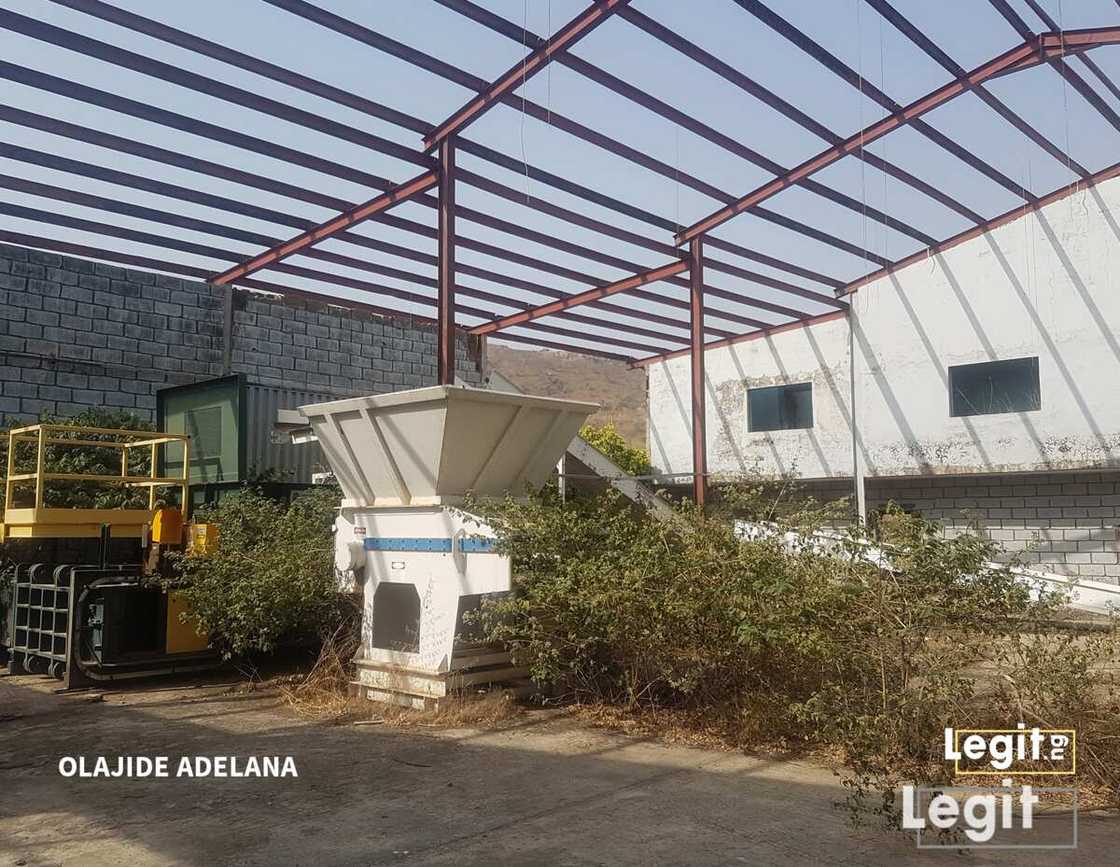
Source: Original
Different businesses have sprout up around the dumpsite with many inadvertently exposed to hazards posed by the dumpsite.
When our reporter spoke with residents of the area, they were not taken by surprised rather many of the residents confirmed that they had always noticed a heavy taste whenever they drink water from boreholes around the area.
READ ALSO: Some persons in Buhari’s presidency will help ensure Atiku’s victory - PDP
“It is true. I am not sure of whether it is lead or not but I know that there is always this hard taste whenever I drink water from the area. We are used to it here and our taste buds have adjusted to it,” says Rotimi Adegbiyan, a civil servant.
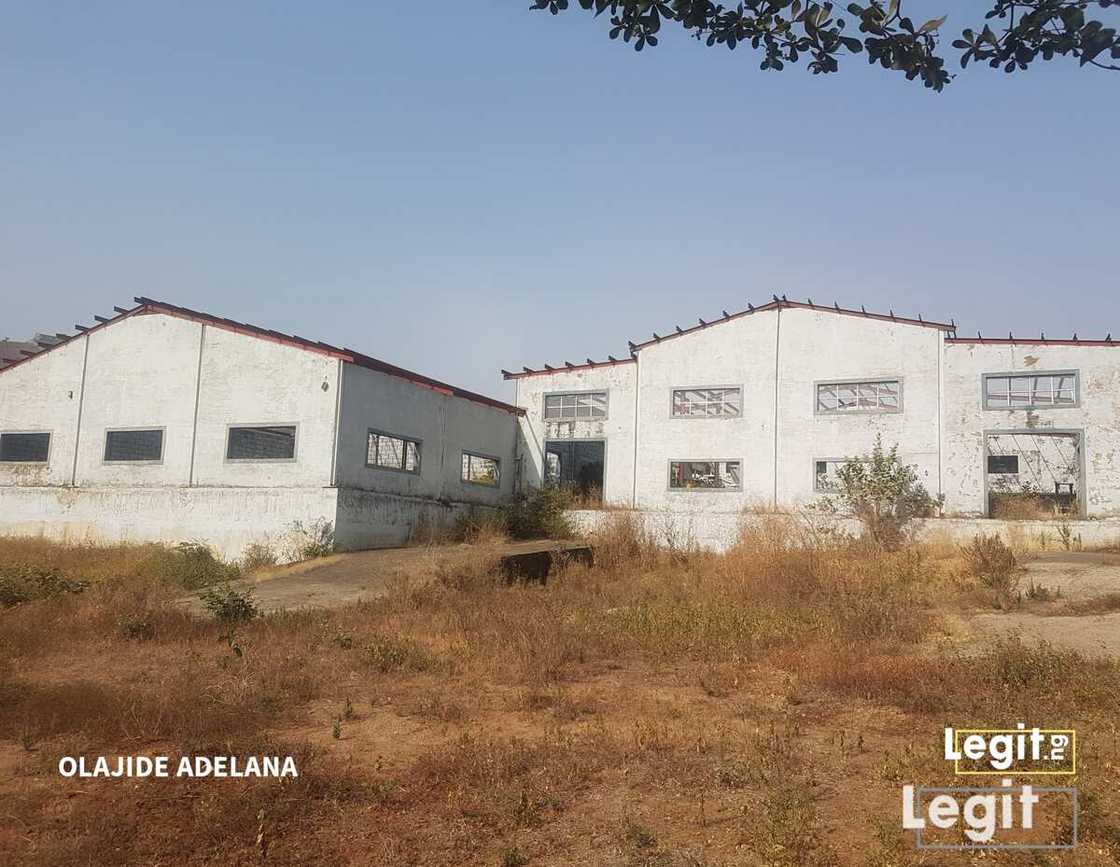
Source: Original
Lead is a heavy metal confirmed in several scientific literatures to be capable of causing profound and permanent adverse health effect and difficult to diagnose as it sometimes takes months or years of exposure before signs and symptoms can be noticed.
According to medical experts, residents can be exposed to lead in so many ways through contaminated air, water or food presenting signs and symptoms such as loss of appetite, weight loss, abdominal pain, and vomiting. Children can also be exposed to lead from paint, leaded materials including batteries and gasoline.
These leaded materials, our reporter observed, were some of the most prevalent items at the dumpsite.
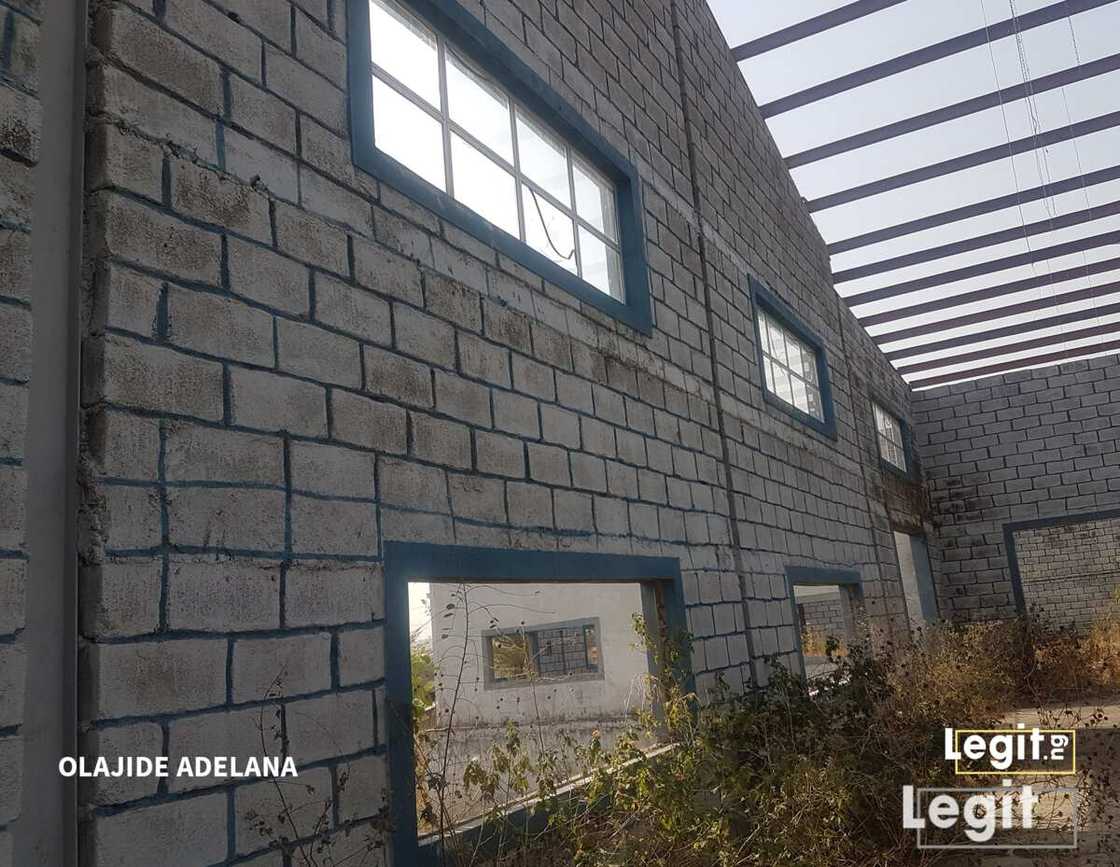
Source: Original
Uchenna Nwalo, a medical doctor in the area said that most residents of the area complain of malaria and typhoid but also affirmed that lead poisoning can also present the same signs and symptoms.
Although, Nwalo didn’t rule out the possibility of lead poisoning, he however maintained that there is yet to be an index of suspicion.
“The concentration according to the result is significant provided it is above the permissible level recommended by WHO but there is no index of suspicion. Index of suspicion is when there is sharp increase in the number of patients with similar complaints,” he said.
Notwithstanding, malaria and typhoid diseases are still endemic in the area. This reporter met the chairman association of scavengers’ popularly called “Pantaker”, Mohammed Yusuf, last September at the dumpsite. He sat in one of the shanties adorned with nothing alluring except some fabric waste, a worn out wooden chair and planks of woods.
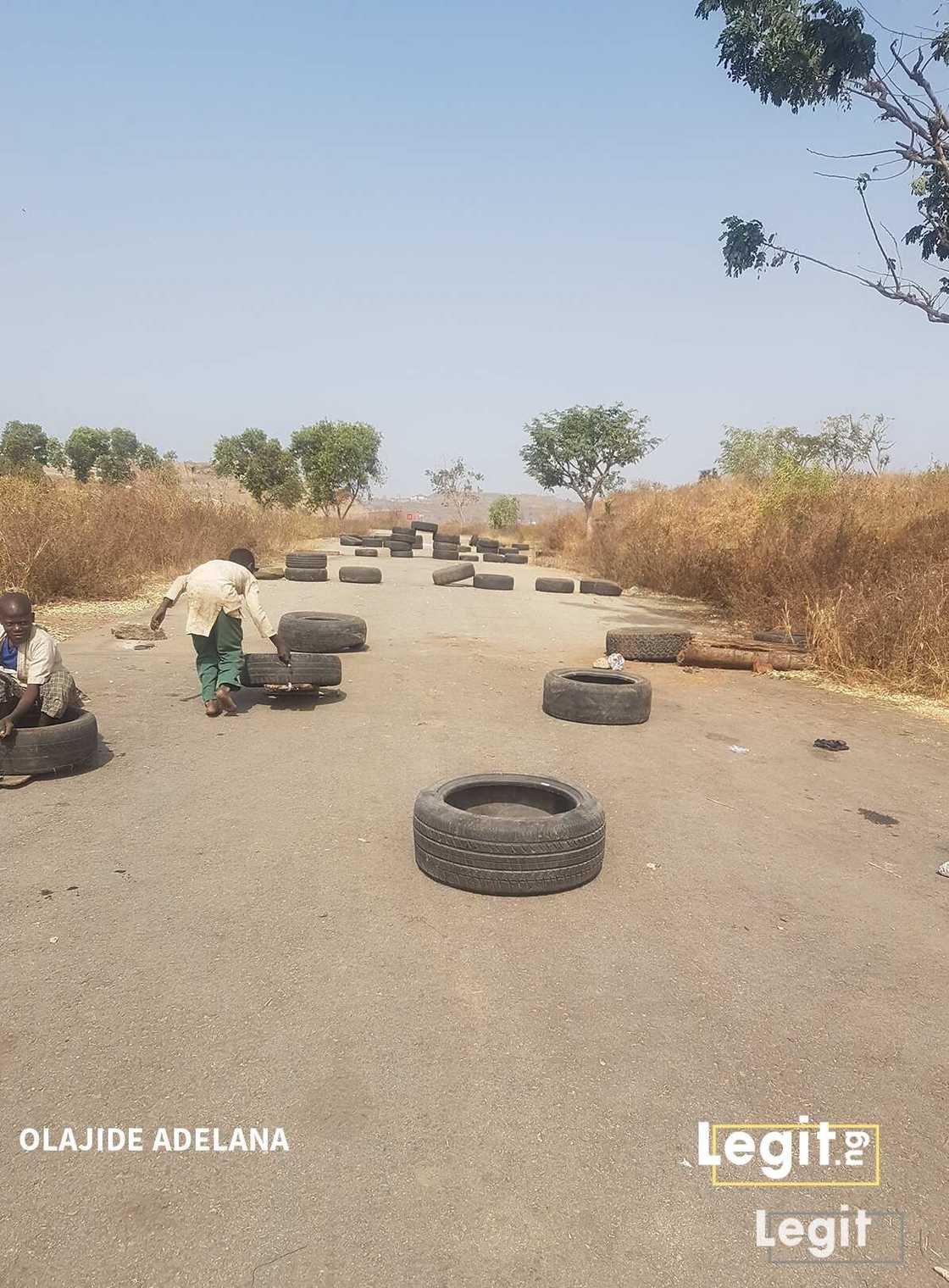
Source: Original
Yusuf who looked somewhat calm had a cotton fabric in his right hand to softly absorb catarrh off his nostrils and to his left, a drink in a dirty green bottle. He has had quite an amount of this since he took ill. Yusuf was sick and was just recovering from malaria and typhoid when this reporter visited.
Yusuf together with many scavengers make a living from sorting waste from different dumpsites in Mpape but it comes at a cost as they often come down with malaria and typhoid.
“This would not have been the case had government completed Mpape waste management project,” says Yusuf.
Although many scavengers who spoke with this reporter observed that the failure of the Mpape waste project has continued to provide enough fillip to their burgeoning businesses, they concurred the loss outweighs the gain.
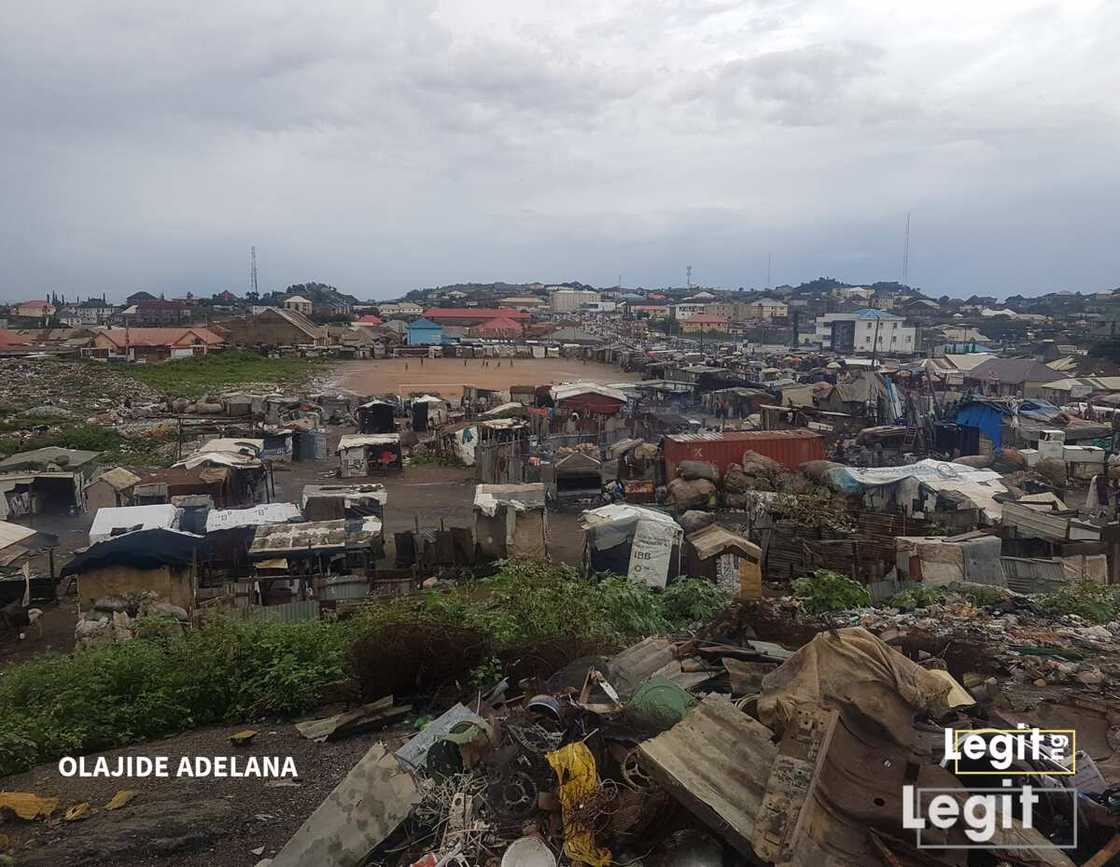
Source: Original
“It is like our body is getting used to it. So we don’t often fall sick but our family still falls sick and we spend too much as hospital bills,” one of the scavengers who simply identified himself as Tijani said.
Multimillion Naira waste project wastes away
Residents’ being prone to lead poisoning and other diseases such as malaria and typhoid is half the story; the role played by poor execution and then abandonment of Mpape waste project is critical.
The waste project referred to by Yusuf was awarded by the federal government (FG) to Abode Environmental Limited (AEL) in 2006 at a cost of ₦275,290,000. It was meant to be part of a holistic solid waste management programme for the FCT whilst also creating jobs for residents. Sadly, it has not and residents fare even worse.
Twelve years after the expected date of project completion and with about 90 percent contract fee which amounts to ₦247,429,401.05 paid to the contractor, investigations by Legit.ng showed that there is no value for money spent by the government and important stakeholders, particularly the Federal Ministry of Environment (FMEV) and Ecological Fund Office (EFO), were dodgy in their handling of the project. Instead, a building with its walls afflicted by the sun and weeds stand forlorn overlooking the Mpape hills in a large expanse of land along the Murtala Muhammed expressway.
The project, which was initiated by the FMEV, was funded by the EFO with the Federal Capital Territory Administration (FCTA) named as the beneficiary, sources aware about the project disclosed.
But an EFO document says otherwise and this raised suspicions. The document affirmed that the FCTA executed the project before it was vandalised close to completion and handover.
A staff of the FCTA however disagrees. The staff who works for the Abuja Environmental Protection Board (AEPB) and privy to the contract execution since 2006 said the project was allegedly vandalised by workers of the contractor (AEL) who were protesting against the non-payment of their wages.
READ ALSO: Election 2019: Stop intimidation of INEC commissioners - CSO cautions politicians
The AEPB staff also informed our reporter that the project was never handed over to FCTA and as such the FMEV should claim responsibility.
Vandalised or Not?
Even then, claims that the project was vandalised could not be supported with any verifiable fact. The Mpape divisional police station denied ever receiving complaints regarding the incident.
“I have been here long enough to know about the incident if it truly happened. If it is true, then no one reported the case here. We should be aware if any property was vandalised,” a police source at the station told our reporter.
Alluded to by security experts and even policemen at the station, the first port of call whenever there is any security issue is the nearest police station. This might however vary depending on the magnitude of the offence, project or personalities involved, an officer said.
“It is rare but check with the FCT police public relations officer. Maybe the case was reported to the command.”
When contacted, the FCT police public relations officer (PPRO) after been told the outcome of the visit to Mpape police station asked our reporter to get the exact police station where the complaints was lodged by the concerned stakeholders if the claim is to be taken serious in the first place.
“If the case was not reported to Mpape police station, then they should give the exact police station they lodged the complaints if the veracity of the claim is genuine,” he said.
A freedom of information (FOI) request sent to the EFO to provide specific details of the police station where complaints of the alleged vandalism was lodged was not acknowledged nor replied as at the time of filing this report.
Similar request sent to the FMEV to ascertain the status of the project including details such as records of payment, feasibility study and bidding method for the project got neither a response nor an acknowledgement from the ministry till date. The same goes for a follow-up email sent to Ayanda Mufutau, the supposed head of the FOI unit of the ministry.
The failure of the EFO and FMEV to respond to the request follows an obvious trajectory –an awful trend common to most federal institutions despite over N514 million budgeted for the implementation of the Freedom of Information Act (FOIA) in 6 years. In particular, the FMEV has been notorious for ignoring FOI requests.
Recent rankings by the Public and Private Development Centre (PPDC), a non-governmental organization focused on ensuring accountability and transparency in government processes corroborate this.
The FMEV ranked lowest amongst 166 public institutions assessed in 2017 and then second lowest amongst 187 institutions ranked in 2018.
However, going by the findings made by Legit.ng, the claim that the project was vandalised is at best part of a well-orchestrated plan to not only conceal the failure of the project but also ensure that no one is held accountable for the monies spent.
Efforts to reach the management of AEL (contractor) were futile as the company has no website or address. Enquiries sent to the company’s email were not replied. Calls placed to the official number of the company did not connect as the operator said the number does not exist.
Company search on AEL from the Corporate Affairs Commission (CAC) showed that the firm was registered on 26th April 2001 and headquartered at Titlas Building, Opposite Radio, Ibadan, Oyo state.
Our reporter visited Ibadan and could not locate any building called Titlas. Residents however opined that the address could have been wrongly written since the only address with a similar name; Titilas Building (with an ‘i’) exists and is located at No. 47, Akede Road, opposite BCOS, Orita Basorun, Ibadan.
When the said address was visited, Economic and Financial Crimes Commission (EFCC)'s seal was found on the door of one of the offices in the building allegedly belonging to AEL.
When contacted, the spokesperson of the EFCC, Tony Orilade, promised to check the status of the commission’s investigation on the company and get back to our reporter. Up till the time of filing this report, the spokesperson has not gotten back to our reporter despite several entreaties.
Mpape project hangs in the balance as FMEV and EFO keeps mum
As it stands, the fate of the project hangs in the balance as concerned government agencies keep mum and don’t want to take responsibility for the project.
Nkemdilim Ilo, who is the Chief Executive Officer of PPDC, argued that both the FMEV and EFO that financed the project must be held accountable since it is expected that statutory documentation was done to determine the capacity of the contractor to execute before the contract was awarded.
In an interview with Legit.ng, Ilo said there is a nexus between transparent and efficient procurement process and the success of a project, adding that the failure of the project and the sheer reluctance of prominent stakeholders involved to clarify the status of the project shows how poorly government institutions adhere to the procurement act.
READ ALSO: EFCC arrests Atiku’s business partner for allegedly laundering $4m ‘election cash’
Regrettably, the project was awarded in 2006, a year before the enactment of the procurement act which Ilo made reference to and as such there is a slim chance that the right method, contractor, or expertise was contracted for the project.
Ilo says it is the responsibility of the contractor to complete the project and hand it over to the government even if a claim of vandalism is genuine.
“If you have not handed over a project to me, it means the project is still in your control and the responsibility for security of that project in all ramifications lies on you as the contractor. Only when a contract has been handed over and a completion certificate issued can the reverse apply,” Ilo said in response to a question on who should be responsible for the completion of the project.
Abuja’s Poor Solid Waste Plan and Nigeria’s Commitment to Fighting Climate Change
Few years after becoming the country’s capital city, Abuja has started to grapple with the same problems that Lagos, the former capital city also faced and is still facing. The federal capital city is increasingly becoming an eyesore with heaps of refuse littering the streets and illegal dumpsites sprouting up almost uncontrollably.
Efforts made to solve waste management problems in the city have yielded negligible success. The status of the abandoned Mpape project together with the overall poor solid waste management plan of the FCTA says a lot about Nigeria’s commitment to fighting climate change. It has been established in several scientific literatures that poor solid waste management can lead to the generation of landfill gas, which then contribute to climate change.
Gosa dump site, another eyesore, located 30 kilometres off the popular Jabi-Airport road is one of many examples. The dump site which is about 90 hectares of land –the size of about 130 football pitches –has no modern facility to treat waste despite the prospect of being a site for landfill gas to energy scheme. A 2010 report by the Centre for People and Environment (CPE) corroborates this.
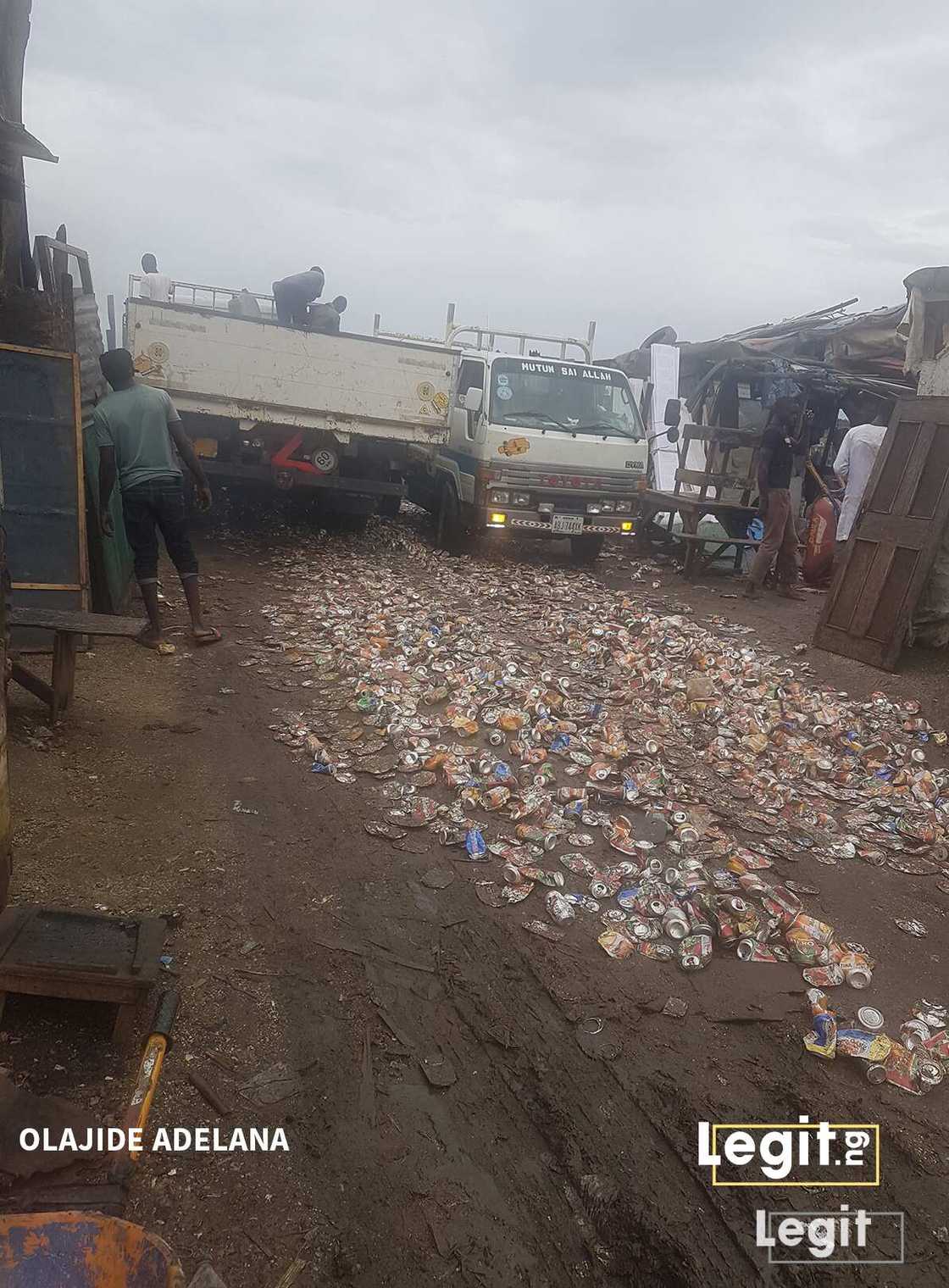
Source: Original
Raising residents’ hopes, the report indicated that AEPB was discussing with a foreign company to develop the site into staged filing operations.
Eight years later, a visit to the dumpsite only shows the insensitivity and care-free attitude of the federal government and FCTA towards proper waste management. Both Mpape and Gosa situations speak volume of the sheer insincerity of successive FCTA administrations in protecting the environment.
How soon will things change?
“The starting point is by putting pressure on the government to wake up to its responsibility,” says Samuel Amoo, a resident of Kubwa, one of the satellite towns also struggling with waste management in the FCT.
READ ALSO: 2019 election: Tension as APC reportedly removes Akala's son as council chairman
But with the general elections around the corner, there is hardly any better opportunity for residents of the FCT to usher in a government whose dictionary on how to care for the environment has no blank pages.
“For now all hope seem lost,” Yusuf said.
This investigation was supported by the John D. and Catherine T. MacArthur Foundation and the International Centre for Investigative Reporting, (ICIR)
Meanwhile, Legit.ng had previously reported on how inefficiency and mismanagement of resources by the country’s river basin authorities may worsen food insecurity.
NAIJ.com (naija.ng) -> Legit.ng We have upgraded to serve you better.
Nigeria Breaking News: Kogi Flood Sacks Residents from Their Homes | - on Legit.ng TV
Source: Legit.ng

Wale Akinola Wale Akinola is a passionate journalist and researcher. He is the Head of Desk, Politics and Current Arts, Legit.ng. He holds both B. A and Master’s degree in Communications and Language Arts from the University of Ibadan. He also holds a Diploma Certificate in Peace Journalism. He has over 15 years of work experience in both print and online media. You can reach him via +2348054137974 or wale.akinola@corp.legit.ng.

Khadijah Thabit (Copyeditor) Khadijah Thabit is an editor with over 3 years of experience editing and managing contents such as articles, blogs, newsletters and social leads. She has a BA in English and Literary Studies from the University of Ibadan, Nigeria. Khadijah joined Legit.ng in September 2020 as a copyeditor and proofreader for the Human Interest, Current Affairs, Business, Sports and PR desks. As a grammar police, she develops her skills by reading novels and dictionaries. Email: khadeeejathabit@gmail.com

